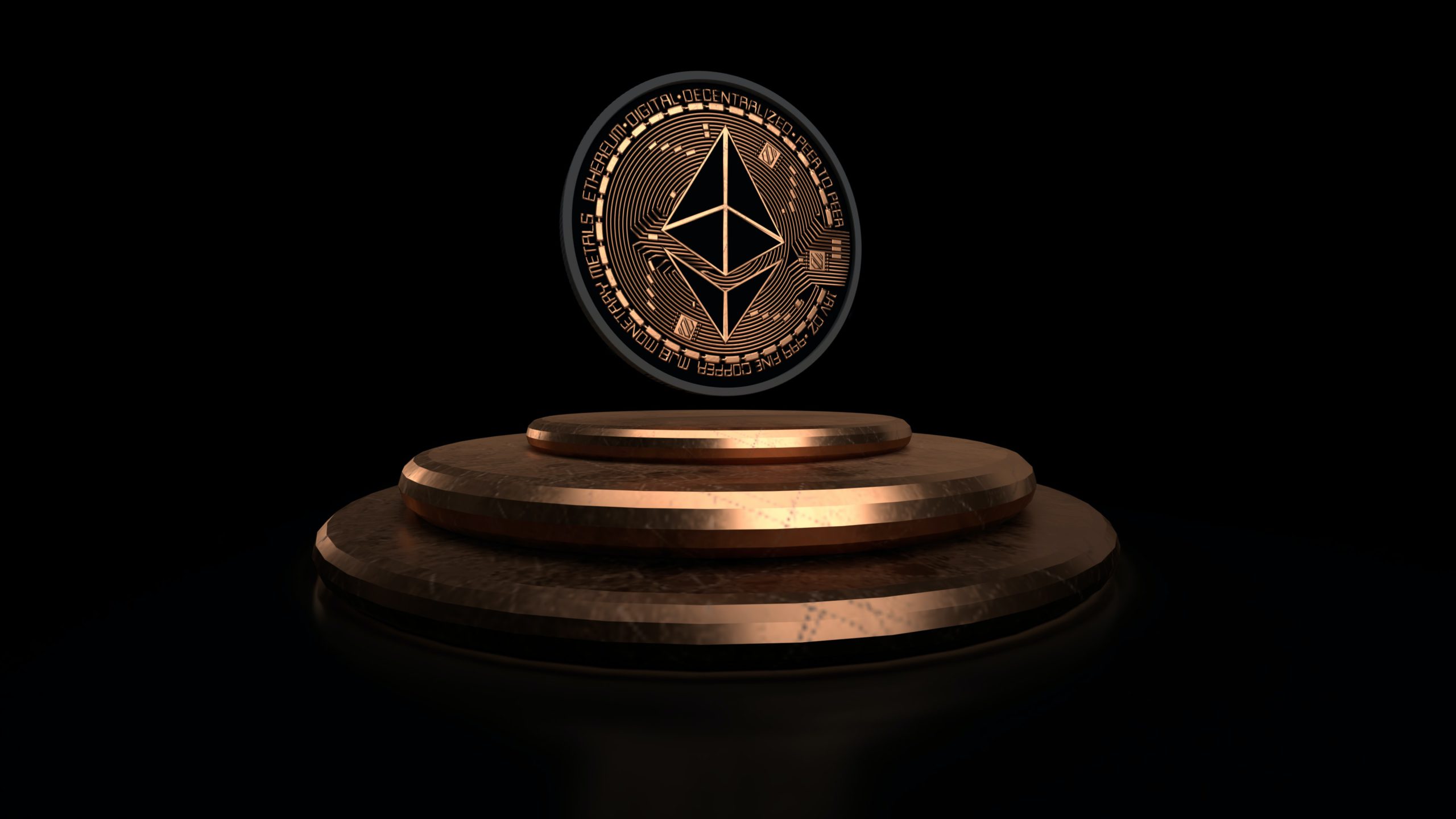In recent times, the world of music has witnessed the rise of a new and potentially transformative technology known as Non-Fungible Tokens (NFTs). While NFTs have gained significant attention and adoption across various creative industries, including art and collectibles, their impact on the music industry remains a subject of both fascination and debate. In this thought piece, we’ll explore the potential benefits and drawbacks of NFTs for music.

On one hand, NFTs present exciting opportunities for artists to establish new revenue streams and maintain direct connections with their fanbase. By tokenizing music assets, such as albums, songs, or even exclusive experiences, artists can offer unique and limited-edition digital goods to their audience. This allows fans to engage with their favorite artists on a deeper level and own a piece of their musical journey. From virtual concerts and backstage access to rare recordings and memorabilia, NFTs have the potential to enhance the overall fan experience.
Moreover, NFTs have the capacity to revolutionize the way artists are compensated for their work. Through smart contracts embedded in NFTs, artists can ensure transparent and automatic royalty payments each time their music is resold or streamed. This direct link between artists and their creations has the potential to alleviate some of the long-standing issues surrounding royalty distribution and provide artists with a more equitable share of revenue.

However, the world of NFTs is not without its challenges and criticisms, which warrant careful consideration. One of the main concerns revolves around the environmental impact of NFTs. The process of minting and trading NFTs on certain blockchain platforms consumes a significant amount of energy, contributing to carbon emissions. As the music industry becomes more environmentally conscious, finding sustainable solutions or exploring alternative blockchain technologies will be essential to mitigating this issue.
Another concern is the potential for speculation and the creation of a speculative bubble within the NFT market. While some artists have achieved extraordinary financial success through high-profile NFT sales, there is a risk that the market’s enthusiasm could overshadow artistic merit. It is crucial to ensure that the value assigned to NFTs is grounded in the genuine appreciation of the music itself, rather than purely speculative motives.
Additionally, NFTs may exacerbate the issue of exclusivity in the music industry. While the limited nature of NFTs can create excitement and drive demand, it may inadvertently create barriers for fans who are unable to afford or access these exclusive digital assets. Maintaining a delicate balance between exclusivity and inclusivity will be essential to avoid alienating certain segments of the audience and maintaining a fair and accessible music ecosystem.
In conclusion, the impact of NFTs on the music industry is still unfolding, and its long-term effects remain uncertain. While NFTs offer exciting potential for artists to redefine their relationship with fans and establish alternative revenue streams, they also pose challenges in terms of environmental sustainability, speculation, and exclusivity. To harness the benefits of NFTs, it is vital for the music industry to approach this technology with caution, prioritising sustainability, fairness, and the intrinsic value of artistry. By striking the right balance, NFTs could contribute to a more vibrant and artist-centric music landscape.
